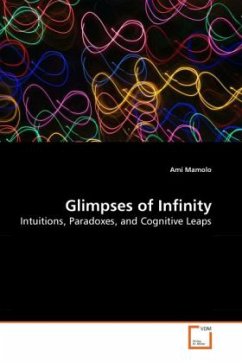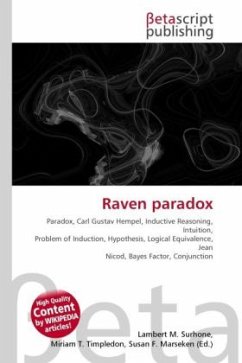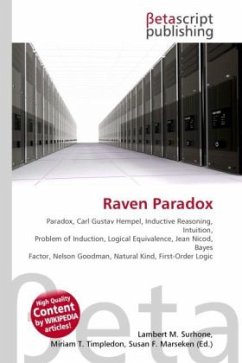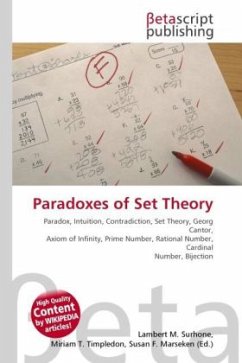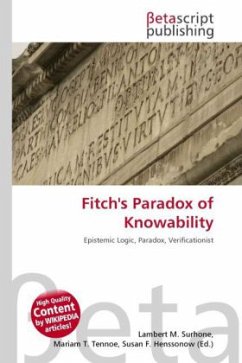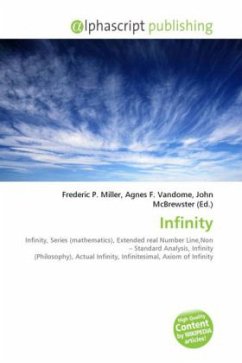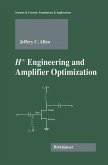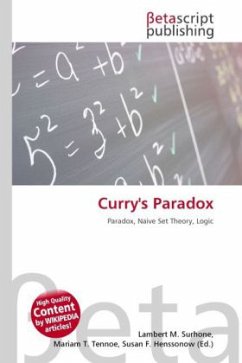This book examines university students' emergent conceptions of mathematical infinity. In particular, it focuses on the cognitive leaps required to overcome epistemological obstacles related to the idea of actual infinity. Extending on prior research regarding set comparison tasks, this book offers a refined analysis of the tacit conceptions and philosophies which influence learners' emergent understanding of infinity, as manifested through their engagement with geometric tasks and two well known paradoxes Hilbert's Grand Hotel and the Ping-Pong Ball Conundrum. My research indicates that accommodating the idea of actual infinity requires a leap of imagination away from realistic' concerns and philosophical beliefs towards the realm of mathematics'. Further, the abilities to clarify a separation between intuitive and formal understandings, to conceive of infinite' as an answer to the question how many?', and to appreciate specific properties of transfinite arithmetic are recognised as fundamental features in understanding actual infinity.

